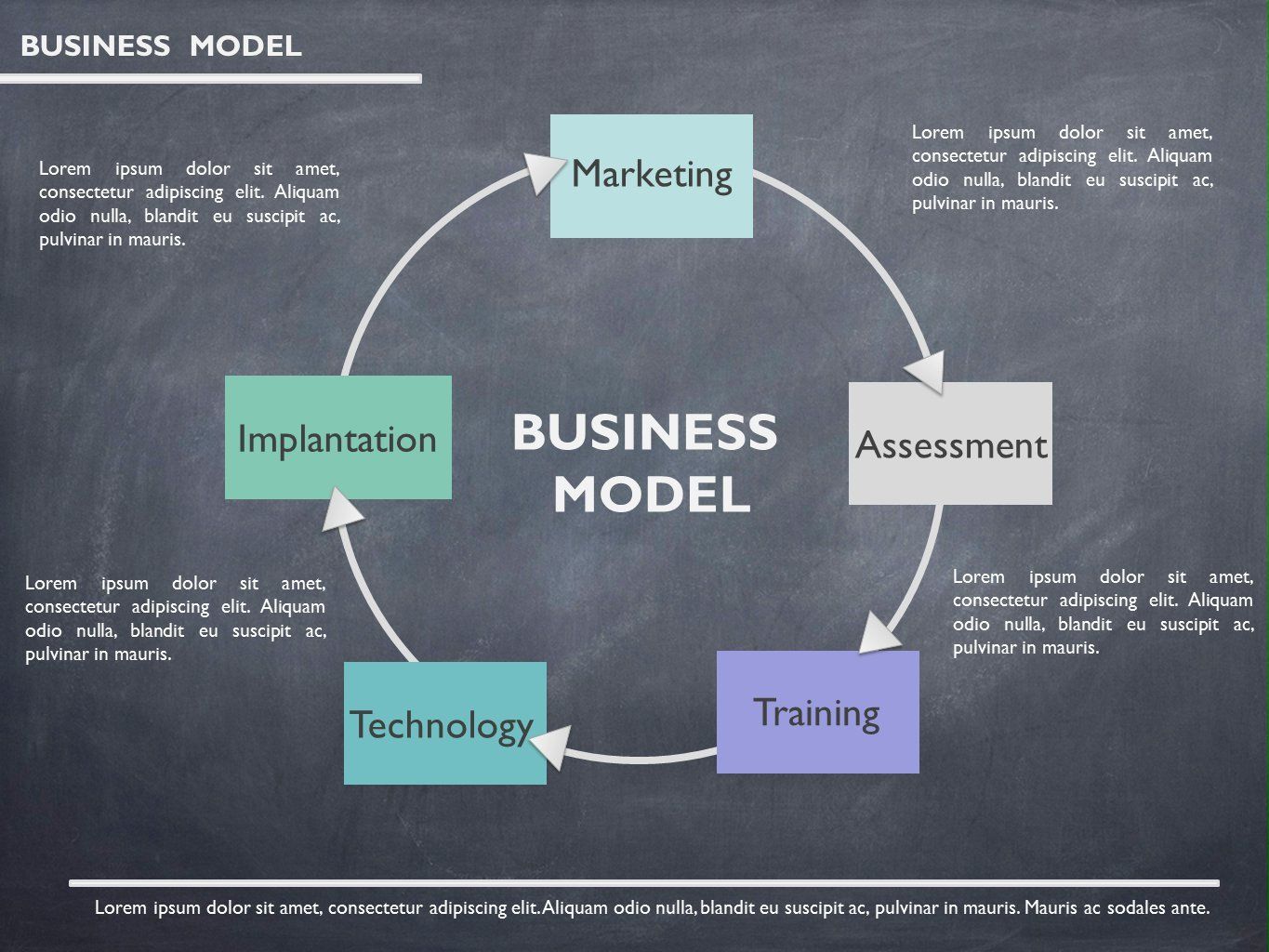The 5:01 PM email shimmered, a fresh notification on the screen I’d just meticulously wiped for the third time that hour. My thumb hovered, not over the message itself, but over the power button. It wasn’t a complex negotiation, not anymore. Just a quiet, firm decision. That email could wait until 9:00 AM tomorrow. The immediate sensation was a peculiar mix – a faint thrum of residual guilt, quickly overshadowed by a liberating sigh.
This isn’t ‘quiet quitting.’ This is simply doing the job.
The Corporate Narrative
The term itself, ‘quiet quitting,’ landed like a marketing stunt designed to shame, a corporate buzzword weaponized against basic worker sanity. It painted a picture of apathy, of slacking, of a workforce in rebellion. But from where I stand, having navigated the shifting sands of corporate expectations for nearly two decades, it looks less like rebellion and more like a rational, sober response. A collective exhale after years of holding our breath, trying to keep pace with an ever-accelerating treadmill of ‘above and beyond’ that somehow became the new baseline.
We were told to be proactive, to take initiative, to treat the company like our own. And many of us, myself included, did. We stayed late, checked emails on vacation, sacrificed personal time for a vague promise of future reward or, at the very least, continued employment. I remember vividly, early in my career, thinking that logging an extra 10 or 13 hours each week was the fast track. It wasn’t. It just established an expectation that 50-plus hours was my normal, making anything less look like underperformance. It took me a solid 7 or 13 years to truly unlearn that damaging habit. This mistake, this self-inflicted wound of overcommitment, is perhaps the most widespread error I’ve observed across industries.
The moral panic surrounding ‘quiet quitting’ isn’t about productivity; it’s about control. It’s about a deeply ingrained corporate culture that grew accustomed to free labor, to the unspoken assumption that employees would consistently deliver an extra 20-33% of their time and energy without commensurate compensation. When workers collectively decided to only deliver what they were explicitly paid for, it sent shockwaves through boardrooms. Suddenly, the emperor had no clothes, and the unpaid overtime that propped up countless projects and deadlines was gone.
The Core Responsibility
Think about João E., an assembly line optimizer I once met, who spent 33 years on the same factory floor. His job was to ensure the widgets moved efficiently from station to station. He wasn’t asked to redesign the product, market it, or even suggest new revenue streams. He was paid to optimize the existing process. For 33 years, he did exactly that. If João had suddenly decided to start sketching out new product ideas on company time, his manager would have rightly told him to focus on his core responsibilities. But somehow, in white-collar roles, the lines blurred until “focus on core responsibilities” became synonymous with “not ambitious enough.”
Focus: Core Process
Blurred Lines
This expectation of boundless dedication extends beyond the literal clock. It seeps into our personal lives, demanding mental availability, a perpetual readiness to jump back into the fray. My phone, freshly cleaned, feels like a direct conduit to this pressure – every notification a potential tug on my attention. The drive to keep it pristine, free of smudges, reflects a deeper desire for clarity, for a clean boundary between work and self. And perhaps, between who I am for myself and who I am for an employer.
The Evolving Landscape of Communication
Consider the evolution of communication. A decade or 13 years ago, an email sent after hours would usually wait. Now, with instant messaging and ubiquitous device access, the expectation has subtly shifted to immediate acknowledgement, if not action. It’s an insidious creep, demanding not just your working hours, but your entire mental landscape. And when you decide to reclaim that landscape, to draw a clear line in the sand, it’s branded as “quiet quitting.” It’s almost laughable, if it weren’t so frustrating.
Is it any wonder, then, that people are seeking control wherever they can find it? That the demand for personal autonomy, for the ability to dictate the terms of engagement in our own lives, is intensifying? We want relationships, digital or otherwise, where our boundaries are respected and where we have the agency to define the interaction on our own terms. This desire for control isn’t limited to professional settings; it extends to how we choose to engage with the world, including the highly personal realm of connection. If you’re looking for a space where you can define the parameters of your interactions, where your preferences lead the way, you might find something interesting in a dedicated platform designed for just that kind of personalized experience. AI girlfriend app. It’s about setting the rules, deciding what works for you, and embracing that personal agency.
The Cost of Overcommitment
I’ve made the mistake of not setting these boundaries clearly myself. There was a project, years ago, where I ended up working 73 consecutive days without a proper break, convinced that my dedication was irreplaceable. The project launched, was successful, and my reward? More work, same pay, and a subtle expectation that *that* level of commitment was now my new normal. It was a tough lesson, costing me far more than just sleep – it cost me perspective. It blurred the lines between genuine passion and coerced servitude. The company didn’t gain a more dedicated employee; it gained someone who eventually burned out and learned to protect their peace with an almost religious zeal.
Burnout Threshold
73 Days
This isn’t about being lazy. It’s about sustainable effort. It’s about recognizing that constant overdrive leads to burnout, reduced creativity, and ultimately, less effective work. A well-rested, mentally present employee delivers higher quality work within their contracted hours than a perpetually exhausted one striving to hit imaginary, ever-moving targets. The irony, of course, is that by demanding more for less, companies often inadvertently drive their best talent to either quietly quit, or simply quit. We lose 33% of our energy to stress when we don’t have clear boundaries.
Boundaries as Foundations
They’re what allow us to build something lasting, both in our careers and in our personal lives. The challenge, for many, is the fear of being perceived as uncommitted. The fear of missing out on opportunities. The fear of being replaced. These fears are not unfounded; they are products of a corporate culture that has often prioritized performative busyness over actual output, and loyalty over well-being.
But what if doing your job, exactly and precisely as defined, is the most profound act of quiet rebellion? What if it’s the healthiest choice you can make, both for yourself and, paradoxically, for the long-term health of your employer? When employees consistently go above and beyond, it masks systemic inefficiencies. It allows companies to understaff, to avoid investing in proper tools, and to postpone difficult strategic decisions. When everyone pulls back to their actual job description, those inefficiencies become glaringly obvious. The system is forced to adapt, or it buckles under its own weight.
The Internal Conflict and the Path Forward
I acknowledge that this isn’t always easy. There’s a persistent voice in the back of my mind, a ghost from my younger, more ambitious self, that whispers about the “extra mile.” It criticizes the choice to close the laptop at 5 PM, implying I’m somehow falling short. And yet, I do it anyway. I consciously choose to ignore that phantom critique, because I’ve seen the alternative, and it’s not sustainable. This internal contradiction, this wrestling match between ingrained expectation and learned wisdom, is a daily reality for many of us.
This isn’t to say we shouldn’t strive for excellence or take pride in our work. Far from it. It’s about channeling that excellence into the hours we’re actually paid for, rather than spreading it thin across an infinite, unpaid landscape. It’s about respecting our own time, our own mental health, and our own lives outside the confines of the office or the glowing screen.
Productivity Plateau
Diminishing returns after 53 hours.
Energy Drain
33% energy lost to stress.
The numbers tell a story, too. A study I once glanced at suggested that after about 53 hours of work per week, the productivity gains diminish so significantly they effectively hit zero, and then often turn negative, meaning further hours actually *reduce* overall output. Yet, the pressure to exceed this threshold remains relentless in many sectors. It’s a disconnect between data and corporate dogma that persists stubbornly.
The Quiet Revolution
So, the next time you hear the term ‘quiet quitting,’ pause. Reframe it. It’s not a withdrawal of effort; it’s a re-centering of boundaries. It’s a demand for fair exchange. It’s the sound of millions of people collectively deciding that their lives are worth more than the extra, uncompensated hours they were guilted into giving away. It’s an act of self-preservation, a quiet revolution of reclaiming what was always theirs: their time, their energy, their peace of mind. And in a world that constantly asks for more, sometimes the most extraordinary act is simply giving enough.







































































































































































































































































































































































































































































































































